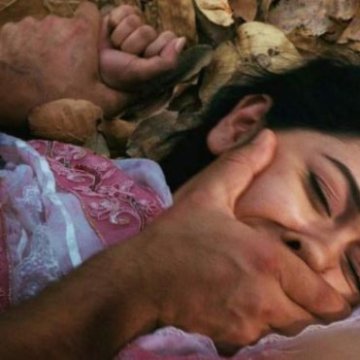- About
- Topics
- Picks
- Audio
- Story
- In-Depth
- Opinion
- News
- Donate
- Signup for our newsletterOur Editors' Best Picks.Send
Read, Debate: Engage.
“In the moments before he raped the 12-year-old girl, the Islamic State fighter took the time to explain that what he was about to do was not a sin. Because the preteen girl practiced a religion other than Islam, the Quran not only gave him the right to rape her — it condoned and encouraged it, he insisted.” Thus the story begins in the New York Times and actually you do not want to read more. But there is more to know and nobody should close his eyes. Author Rukmini Callimachi delivers an extraordinary account of the ISIS’ extensively planned sex and slave trade centred on Yazidi women. Pre-teen girls are sold and then raped in order for their rapists to feel closer to God.
Rapes in the name of Allah are one of the terrible things that ISIS’, the self-proclaimed Islamic state that's attempting to establish a caliphate across large areas of Iraq and Syria, justifies, even more: demands.
The systematic rape of women and girls from the Yazidi religious minority has become deeply enmeshed in the organization and the radical theology of the Islamic State in the year since the group announced it was reviving slavery as an institution.
According to the NYT article a total of 5,270 Yazidis were abducted last year, and at least 3,144 are still being held.
Human Rights Watch reports about 11 women and 9 girls, who had escaped between September 2014 and January 2015. Half, including two 12-year-old girls, said they had been raped – some multiple times and by several ISIS fighters. Nearly all of them said they had been forced into marriage; sold, in some cases a number of times; or given as “gifts.” The women and girls also witnessed other captives being abused.
Many survivors of sexual violence are still not receiving the full help and support they desperately need. Amnesty International’s Senior Crisis Response Advisor, Donatella Rovera demands: “The Kurdistan Regional Government, UN and other humanitarian organizations who are providing medical and other support services to survivors of sexual violence must step up their efforts. They must ensure they are swiftly and proactively reaching out to all those who may need them, and that women and girls are made aware of the support available to them.”
Source: NY Times, Amnesty International, Human Rights Watch
Photo: absolute-news.com
